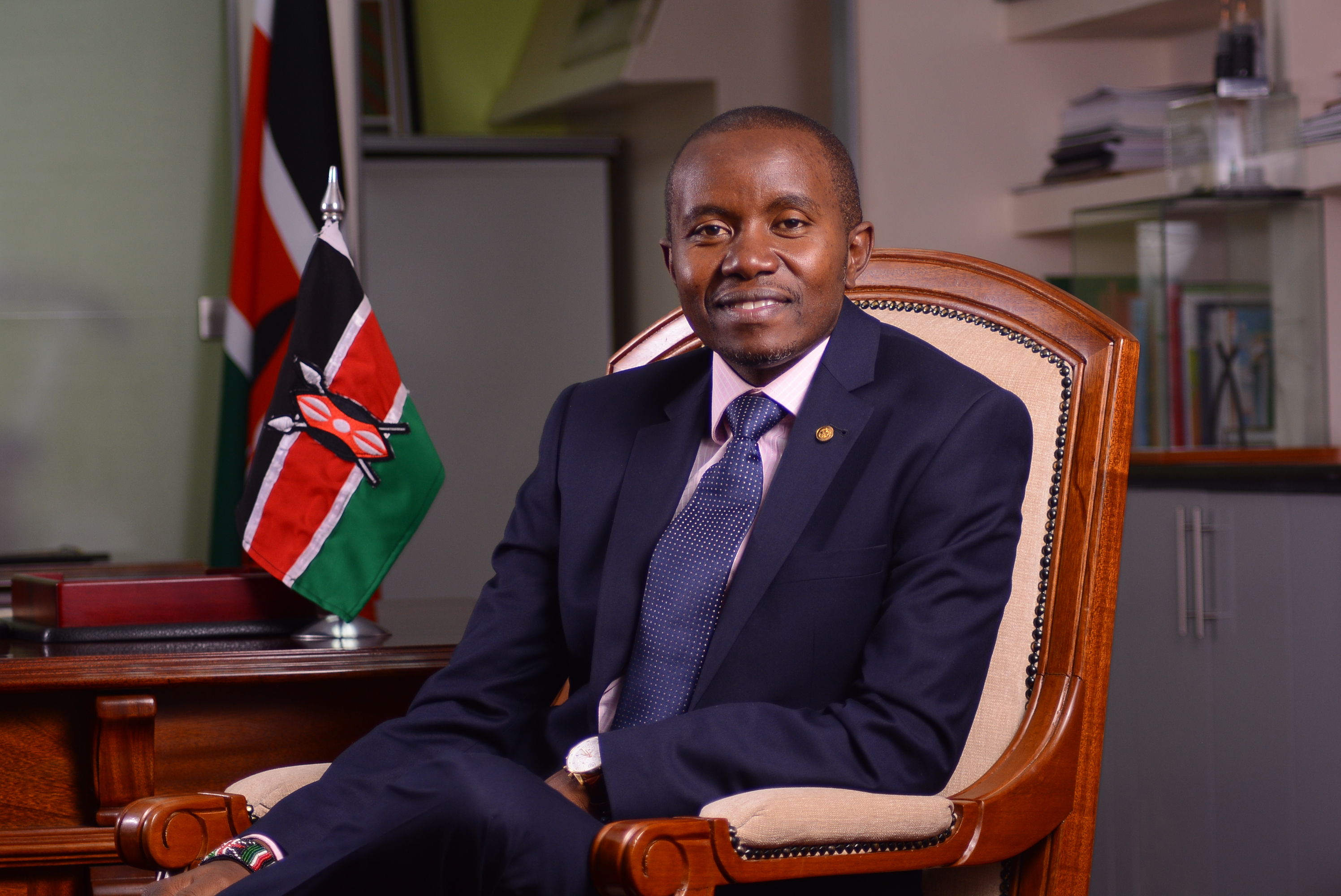The Kenyan parliament is pushing for a breakup of telco giant, Safaricom from its mobile money service M-Pesa. In a new development, legislators in Kenya have renewed calls for Safaricom to be declared a dominant market operator and separated from M-Pesa.
According to the Senators, Safaricom exerts widespread dominance in the country’s telecom market which has hindered the growth of its closest competitors – Airtel and Telkom Kenya.
In Kenya, you have a situation where one single player dictates how much you are going to pay for data bundles, for calls and Short Message Service because it controls almost 90 per cent of the market.
Senator Irungu Kang’ata
“In such a situation, I do not foresee any other entity growing. We are not going to create more jobs and innovation in that industry because of the dominance of one entity,” Senator Kang’ata added.


The parliament opined that Safaricom has become more powerful than the country’s telco regulator due to its massive financial strength and would prefer if the company is entirely split from M-Pesa. Legislators suggested that Safaricom should be regulated by the Communications Authority of Kenya (CAK) and the M-Pesa division regulated by the Central Bank of Kenya (CBK).
If this is implemented, Safaricom and M-Pesa would be required to operate as two separate brands in two distinct offices, with separate staff, autonomous business operations and independent management information systems.
With over 37 million subscribers in Kenya, Safaricom possesses a 67% market share, more than double that of Airtel Kenya (26%) and over 9 times Telkom’s share (7%). Also, Safaricom’s M-Pesa controls an immense 98% share of the country’s mobile money market.
Safaricom Could Suffer Further Revenue Loss
M-Pesa is the second biggest contributor to Safaricom’s revenue, after the telco’s voice service. The mobile money service contributed 30.3% to Safaricom’s total service revenue in HY 2020.
If M-Pesa is split from Safaricom, the CBK could easily enforce lesser transfer fee charges between M-Pesa and Airtel money/T-kash. Safaricom has so far refused CBK’s proposed reduction of its charges on inter-mobile money transactions as it is not entirely a financial institution subject to the Central bank’s regulations.
The potential reduction of these transfer charges will cut down Safaricom’s revenues, as shown by the impact of the zero-rated M-Pesa transfers directed by the CBK on the company’s HY 2021 revenue.
Added to this is the fact that Safaricom could be asked to give up a number of mobile money outlets to rivals, should it be tagged a dominant operator. That would also weaken M-Pesa’s market share as transaction volumes will reduce.
In Kenya, a dominant player cannot solely fix their tariff pricing without consulting the industry regulator. As a dominant operator, this implies that Safaricom would only be able to fix voice, SMS and data prices as deemed fit by the CAK.
That said, it is most likely that these charges will all be reviewed downwards. On the whole, these would lead to a sizable loss in Safaricom’s revenues and put rival operators at an advantage.
Possible Debt Relief for Telkom and Airtel Kenya
Although lawmakers in Kenya have explained that labelling Safaricom a dominant player would enhance competition from other operators, it could also be trying to force a debt relief for Airtel and Telkom Kenya which are both heavily indebted to Safaricom.


With a 40% stake in Telkom, the Kenya government may be trying to protect its investment in the struggling telco. Last year, interim Safaricom CEO Michael Joseph had disclosed that Airtel and Telkom owed Safaricom a combined $12 million for the provision of various services including interconnection and fibre optics.
Safaricom kicked against the eventually failed merger deal between Airtel and Telkom Kenya, stating that the two operators had not paid up the debt they owed.
These debts were due and payable as at the time the merger talks were ongoing, according to Safaricom. Due to its expansive network coverage, Airtel and Telkom usually pay Safaricom to host their networks on the telecom’s transmission masts to reach wider areas.
If Safaricom is declared a dominant operator, the regulator would demand that the telco allows competitors free access to some communication sites due to its superior market position. Also, the rates charged by the telco would likely be reduced by the CAK.
Lower rates coupled with free access to capital-intensive infrastructure would effectively cut off a significant portion of the costs incurred by Airtel and Telkom as well as minimise the accumulation of debts payable to Safaricom from the two carriers.
In summary: While the Kenyan parliament is still only proposing a breakup of Safaricom and M-Pesa, it seems a matter of time before the telco giant is labelled a dominant player in the country’s telecom sector.






